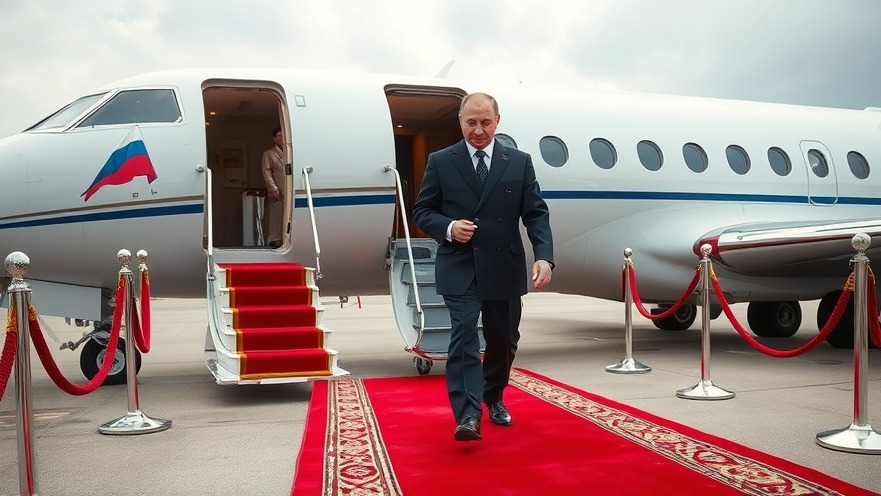
Understanding the Impending Tax Increases in the UK
As we approach the autumn budget, the looming question on many business owners' minds is: which taxes are set to rise? The government is under increasing pressure to balance the economic scales while addressing rising inflation and public service needs. It’s not just about revenue; it’s about how these changes will impact operations, particularly for franchisors and franchisees across the UK.
The Role of Fiscal Policy in Business Strategy
The potential tax hikes will undoubtedly influence how franchisors strategize their operations. Increased taxes may lead to heightened operational costs, which could, in turn, affect pricing strategies. A rise in corporate tax rates or VAT could trickle down to franchisees, impacting their profit margins and necessitating a reevaluation of operational efficiency. Franchisors need to be proactive in adapting to these changes.
What Tax Increases Could We Expect?
While the exact measures will depend on Treasury announcements, there are some speculations on probable tax increases, such as corporation tax and VAT adjustments. Understanding the specific areas of potential increases allows franchisors to prepare more effectively. Some predictions suggest businesses could see corporate tax rates rise from 19% to as much as 25%, alongside revisions in allowances that corporations typically enjoy. Revenue generated through these changes is expected to primarily fund public services, which can benefit the economy in the long run.
Aligning Franchise Operations with Budget Opportunities
Tax increases don’t have to be viewed purely as a burden. There are significant opportunities for franchisors to align their operations with these budget changes. By optimizing efficiency and applying for any available tax reliefs or incentives, franchisors can mitigate some of the impacts from tax hikes. Businesses could consider investing in technology to streamline processes. Studies have shown that businesses embracing digital transformation often report up to a 30% reduction in operational costs.
Long-Term Implications for Franchisees
For franchisees, these budget changes may have immediate financial consequences. Higher taxes could restrict funds available for growth or operational improvements. Therefore, clear communication and strategic support from franchisors are essential. If franchisees can be guided to identify efficiencies, it could offset some of the fiscal pressures they will face. A successful franchisor-franchisee collaboration is crucial during periods of economic uncertainty.
Preparing for Economic Adjustments
Franchisors and franchisees alike need to consider how they will respond to these changes. Actionable insights might include revisiting supply contracts, evaluating pricing models, and assessing employee compensation structure. Moreover, analysis of consumer behavior in response to potential price increases could provide insights for smarter marketing strategies that align with the budget’s economic forecast.
Conclusion: Staying Ahead in a Changing Environment
As the autumn budget approaches, franchisors must stay informed and agile in their strategies. While tax hikes are challenging, viewing them through a lens of opportunity will ensure that franchises remain competitive and resilient. Keep an open line of communication with franchisees to navigate these waters together.
To gain further clarity on how these changes may affect your franchise operations, consider subscribing to authoritative financial news sources or consult with a financial advisor to stay ahead of the curve.
 Add Row
Add Row  Add
Add 




Write A Comment